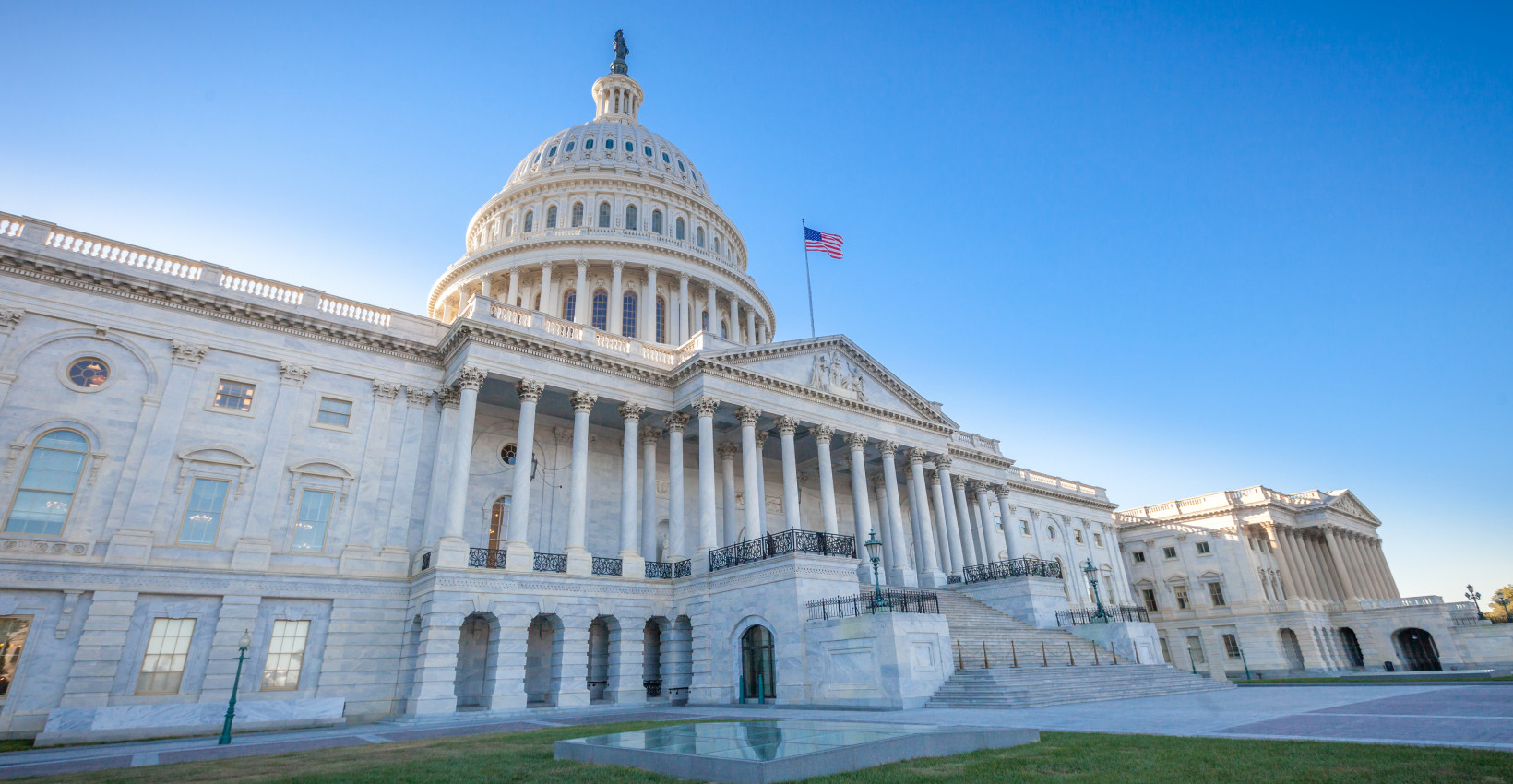Budget reconciliation process may include retirement plan changes

The House Ways and Means Committee has introduced retirement plan legislation as part of the Democrats’ $3.5 trillion spending bill. Proposing legislation through the budget reconciliation process, rather through a standalone bill, may be an easier path to passage. Instead of requiring 60 votes in the Senate, a simple majority is needed to pass a budget bill. That said, partisanship may be an issue, as the proposed legislation was voted out of the Ways and Means Committee on a partisan vote.
As shown by the following provisions in the bill, Congress believes automatic contribution arrangements are key to increasing retirement security:
- Automatic contribution arrangements to be required. Under this proposal, most employers — except for employers already sponsoring a retirement plan — would be required to automatically enroll their employees in a payroll deduction IRA or 401(k) type of plan. The proposal provides for a 6% minimum automatic contribution amount, escalating 1% per year up to 10%. An employer would be subject to an excise tax for not complying. This proposal would be effective for plan years beginning on and after January 1, 2023.
- Deferral-only arrangements. This provision would create a new type of plan, the “deferral-only plan.” Employees would automatically be enrolled in the plan and be subject to the same contribution limits that apply to IRAs. An employer would not be permitted to make matching or non-elective contributions to the plan. This proposal would be effective for plan years beginning on and after January 1, 2023.
- Increase in small plan startup tax credit. A tax credit is currently available up to 50% of retirement plan startup costs incurred by a small employer (subject to a credit dollar cap, which can be as high as $5,000). The startup credit applies for up to two years. This proposal would increase the credit from 50% to 100% of startup costs for employers with up to 25 employees. In addition, the tax credit would be extended to four years. The enhanced startup tax credit would apply beginning in 2022.
- Tax credit for certain small employer automatic retirement arrangements. The provision would encourage small employers (up to 100 employees) to sponsor the new deferral-only 401(k) plan (or automatic payroll deduction IRA) beginning January 1, 2022, by offering a new tax credit of $500 for up to four years.
Being voted out of the Ways and Means Committee is the first step of many toward becoming law. It’s unclear whether the Senate will approve these provisions or have its own proposals that would need to be reconciled with the House’s proposals.
In addition to the budget-related legislation, Union Bank continues to monitor SECURE Act 2.0 legislation (which was addressed in this space for the second quarter of 2021), as well other legislation aimed at allowing workers to build emergency savings accounts within a retirement plan.
If you have any questions about the proposed legislation, please contact your Union Bank Relationship Manager.
The information provided by Union Bank & Trust is educational only and is not investment or tax advice.
|
Learning Center articles, guides, blogs, podcasts, and videos are for informational purposes only and are not an advertisement for a product or service. The accuracy and completeness is not guaranteed and does not constitute legal or tax advice. Please consult with your own tax, legal, and financial advisors.




